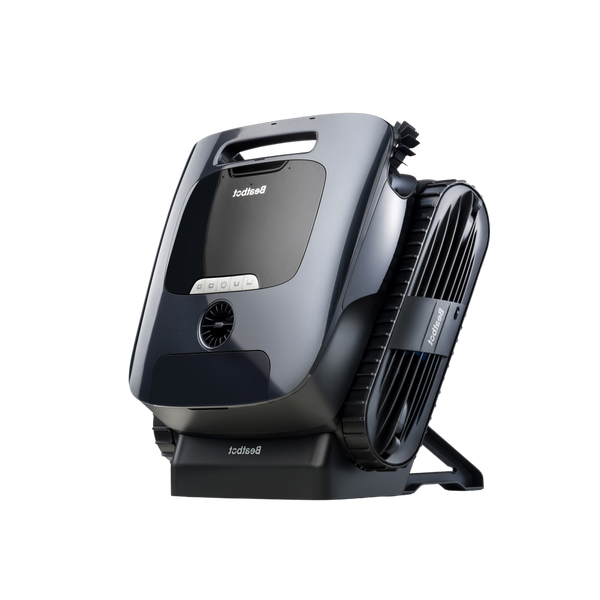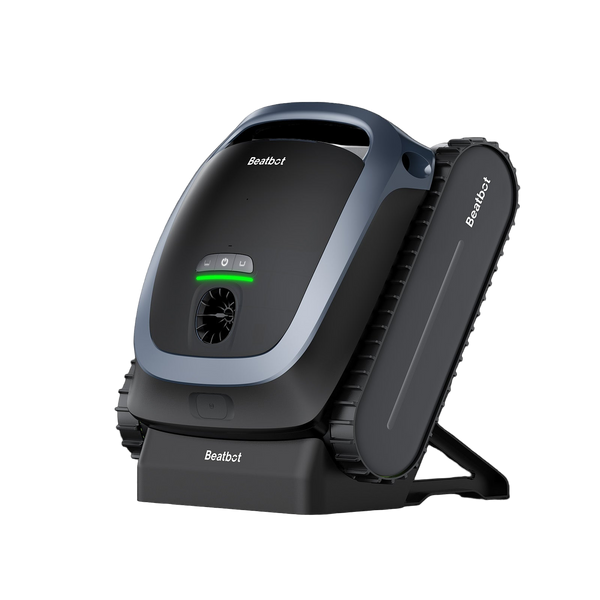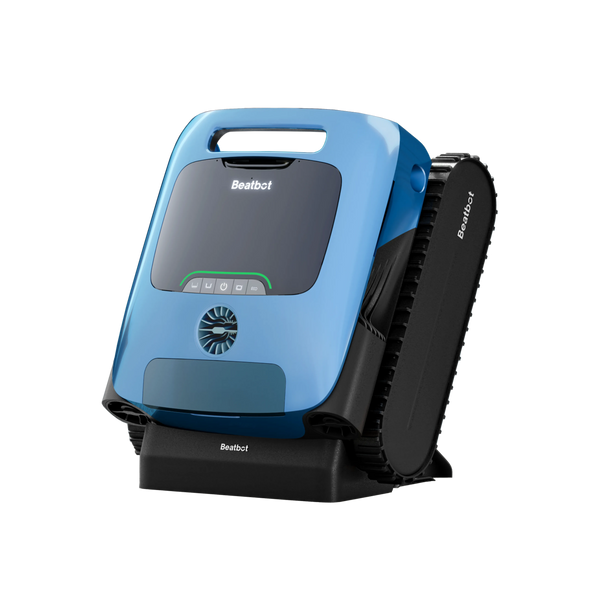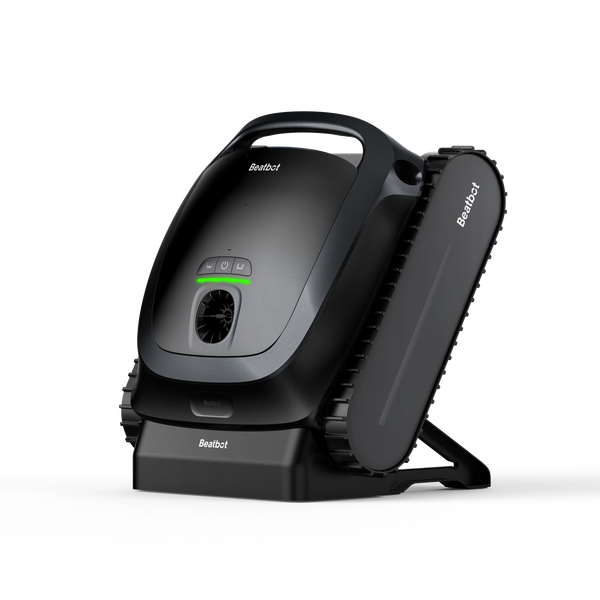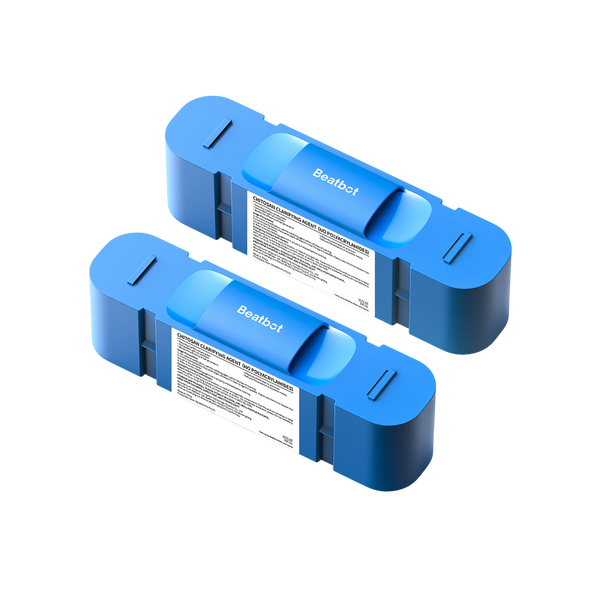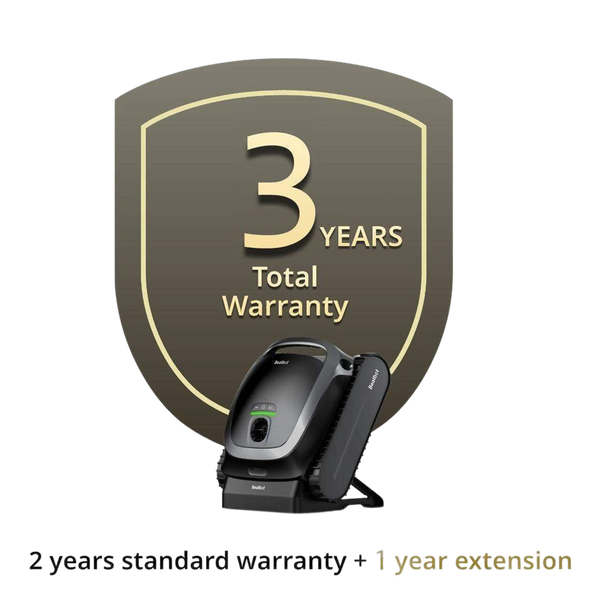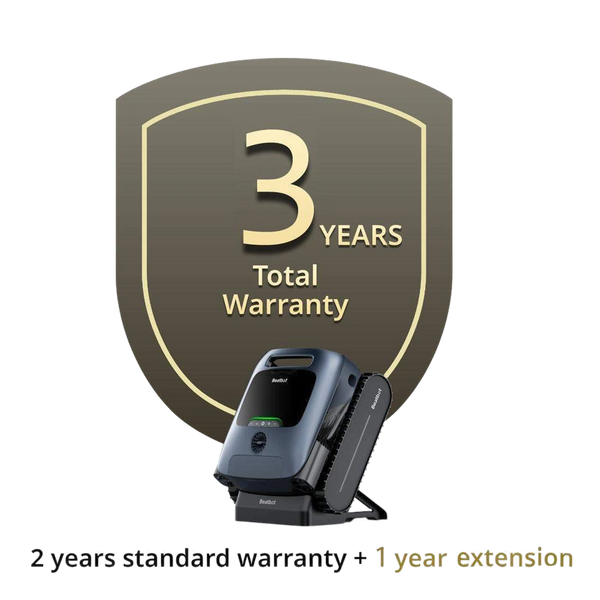Essential Pool Chemical Storage Tips for Safe and Sparkling Water
It is important not only to handle and store chemicals properly, but also to keep your pool safe, clean and in good condition. Imagine, in your pool care program, your chemicals are the invisible hero, trying to clean the water, not the toxic bacteria.
But if they are stored or disposed of incorrectly, they can become a major problem, leading to a dangerous or even hazardous chemical reaction. But don't worry! This guide will walk you through the best practices for safely and effectively storing chemicals in your pool to ensure that your pool is in its best condition year-round.
Table of contents

Important Issues Related to Chemical Storage in Pool
Safety first
Always place chemicals in safe areas that cannot be reached by hand or feet. Secure tents or cabinets can create a miracle of peace.
Avoid putting them on your head or on the floor.
Keep chemicals at a safe level, do not put them on your head or on the floor where they may fall. Stay smart and safe!
Keep Out of Reach
For a more secure environment, consider storing your pool chemicals in a locked cabinet or storage area. This ensures that curious hands and paws can't accidentally find their way into trouble.
Why lock it up? All chemicals are toxins, and exposure can lead to serious health issues, particularly if they come into contact with eyes, mouths, or skin.
Think like a child or pet: Anyone with kids or pets knows the unpredictability of their explorations. A secured storage solution prevents any unexpected mishaps.
By combining these strategies, you not only create a safer environment but also maintain peace of mind knowing that your household and furry friends are protected from potential harm.
Expert Tips: Why Should Pool Chemicals Be Stored in Their Original Containers?
Storing pool chemicals correctly is crucial for safety and effectiveness. Here are several reasons why it's important to keep them in their original containers:
Preventing Dangerous Reactions : Pool chemicals are specifically formulated to work together when added to water, but when improperly mixed outside their original containers, they can cause unintended chemical reactions. This can potentially release hazardous gases or result in combustion, creating a fire risk or explosion.
Proper Labeling and Instructions : Each container comes with detailed labeling that includes important information such as ingredients, usage directions, and safety precautions. Transferring chemicals to a different container may lead to confusion or misuse, increasing the risk of accidents.
Ensuring Stability and Integrity : The original containers are designed to maintain the chemical's stability and prevent contamination. They are often built to be resistant to chemical degradation, which helps in keeping the contents uncontaminated and effective for their intended use.
Avoiding Spills and Leaks : The containers provided by manufacturers are specifically designed to securely hold their contents. They include appropriate seals and materials that minimize the risk of leaks and spills, which can be dangerous to both people and the environment.
Legal and Environmental Compliance : Many regulations require chemicals to stay in their labeled containers for proper identification, transportation, and disposal. Proper storage ensures compliance with these guidelines and helps in minimizing environmental impact.
By preserving the integrity of pool chemicals through appropriate storage, you ensure both safe handling and optimal performance in maintaining your pool's condition.
Monitor Humidity
Stay dry.
Store chemicals in a cool, dry place away from water or the pool. Exposure to humid gases can lead to dangerous chemical reactions, such as the release of toxic gases or the generation of heat. This is not a hot bath you want!
Strict isolation
Always make sure that chemical containers are sealed. In a humid climate, water can sneak in and mix with your chemicals. Close the lid to avoid any unnecessary accidents!
Temperature Management
Avoid Extreme Temperatures
Keep swimming pool chemicals cool and dry, preferably at room temperature. Sunlight or high temperatures can degrade chemicals, and low temperatures can turn chemicals into sweets. Relax and avoid unexpected reactions!
Understanding the Risks
It's essential to recognize that some pool chemicals are oxidizers. This means they can release oxygen when exposed to heat sources, such as direct sunlight or electrical equipment. If a fire were to occur, the released oxygen could intensify the blaze, causing it to spread more rapidly than you might expect.
Safe Storage Tips
To prevent such dangerous situations, ensure all pool chemicals are stored away from any potential heat sources. This includes keeping them out of direct sunlight and away from electrical outlets or appliances. By taking these precautions, you can easily avoid the risk of a fire breaking out due to improper chemical storage.
Incorporating these storage practices not only ensures safety but also maintains the effectiveness of your pool chemicals.
Basement garage
A garage or basement is the perfect place to store chemicals, but remember that ventilation is key! Ensure these areas are ventilated and chemical safety is ensured. After all, you want your warehouse to be safe, rather than waiting for scientific experiments to happen!
That being said, storing pool chemicals in your garage requires careful consideration. It's not just about finding a space; it's about safety and preservation.
Secure Storage : Always keep pool chemicals in a locked storage bin or cabinet. Leaving them exposed can cause metals in the garage to become brittle and accumulate rust over time.
Health Hazards : On hot summer days, confined spaces can amplify chemical exposure. There have been instances where individuals have experienced dizziness or even passed out due to poor ventilation. It's crucial to ensure that your garage or basement is adequately ventilated.
Follow Safety Tips : If you choose to store chemicals in these areas, make sure to follow all recommended safety protocols to mitigate risks. This includes keeping them away from incompatible substances and ensuring containers are tightly sealed.
By taking these precautions, you'll maintain a safe environment while effectively storing your pool chemicals.
Ventilation
Let gas escape
Pool chemicals, especially chlorine, are strong oxidizers, such as smoke generation. In order to ensure the safety of the goods, please store them in a well-ventilated and air-circulated place. This will help prevent the build-up of toxic gases and your lungs will be happy!
Ventilation pipes
Consider using cabinets with ventilation holes or outdoor tents that allow air to move freely. This way, you can be sure that the chemicals are safe, while ensuring that the smoke does not float for a long time. Too little air is too much!

Chemical Division
Chemicals are stored separately.
Wet chemicals cannot be mixed with dry chemicals! Place them on separate shelves to avoid dangerous reactions. Furthermore, stay away from oxidizing materials, because mixing them together can lead to dangerous results. Trust us, you do not want a chemical experiment in your hands!
Avoid incompatible chemicals at home.
The chemicals in your pool are selective! Stay away from household goods such as gasoline, paint or fertilizer. Mixing with swimming pool chemicals can lead to a fire, and you do not have to do that. So, keep it safe, and keep the pool fun instead of starting a fire!
Regular Inspection and Rotation
Checking
Like a bottle of milk in the fridge, pool chemicals also have shelf life! One habit is to check the warehouses and throw away any chemicals that expire at the end of each season. Remember, use the old first, this is your pool's "base"!
Don't mix old and new.
Old and new chemicals do not produce the best combination. Mixing them reduces their effectiveness, and worse, leads to the breakdown of chemical reactions. Separate them and continue using the latest for the best results in your pool!

Storing chemicals safely is not only a good idea, but also essential in pool care! By storing chemicals in a safe place away from water, extreme temperatures, and other materials, you can avoid accidents and secure your foam tanks.
Always follow the manufacturer's safety instructions and place chemicals in their original containers. Proper storage today can prevent major problems in the future. In order to provide more care, Beatbot AquaSense robotic pool cleaner helps protect crystalline water by effectively cleaning your pool, with an emphasis on safe chemical management.
Relative Blogs
About the author


